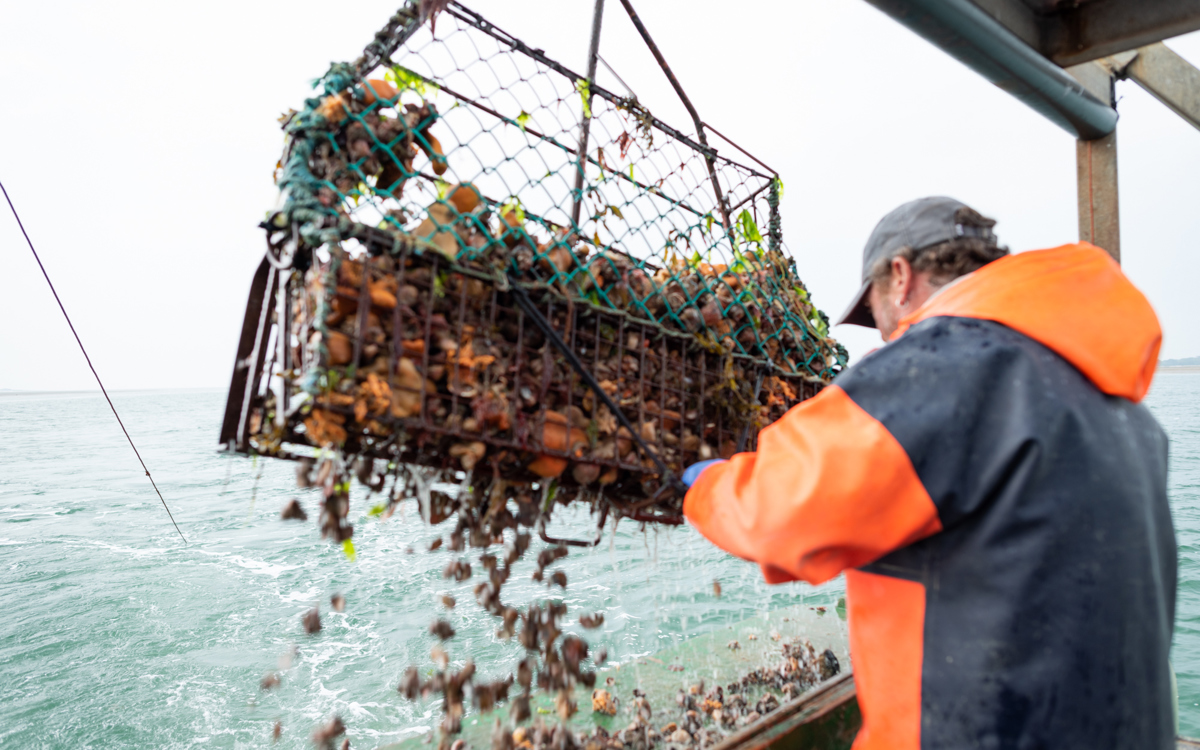

David Wolff and Professor Andrew Church
David Wolff is Director of CUPP at the University of Brighton, UK.
Professor Andrew Church, is Associate Pro-Vice-Chancellor (Research and Enterprise) at the University of Brighton, UK and a member of the ACU Engage Community's steering committee.
The ‘Community University Partnership Programme’ (CUPP), created by the University of Brighton, began in 2003. The aim of the project is to develop mutually beneficial partnerships between the university and its local communities, with a focus on working with more disadvantaged communities.
Over the last 15 years CUPP has worked with over 200 academics, 5000 students and 750 community partners, and has become central to the university’s strategy. According to external research, CUPP is considered as being at the forefront of community-university partnerships in the UK and has worked extensively with universities around the world.
CUPP has run several different programmes working with disadvantaged communities. The ‘On Our Doorsteps’ programme ran from 2010 to 2016 and was based on three intentions:
- being a good neighbour
- realising the mutual benefit achievable through community-university partnerships
- focusing on activities within the immediate localities of campus buildings spread across five sites and three urban coastal locations
Bids were invited annually from partnerships of university staff and community organisations for £5000 to fund engagement projects. A total of 19 projects were funded.
Now in its fourth series, the award-winning ‘Brains at the Bevy’ presents a series of short, interactive talks from local academics based on their research in a community pub in a deprived area near to the university.
CUPP’s latest programme, ‘Ignite’, is a one-year community-university partnership incubator that combines many discrete elements of previous work. Funded by the UK Government Research and Innovation, the aim is to foster new partnerships and help them thrive in the future, combining seed funding, a community of practice and tailored partnership support. Each partnership receives up to £4000 worth of funding to undertake new activities for the benefit of the community and university research and teaching. The partnerships are chosen by an advisory group which includes a significant number of community partners and students. A key outcome of the Ignite programme will be to share the learning of the approach. This will include the production of a guide, so other universities and communities can benefit from the learning, both in the UK and internationally.
An evaluation of the ‘On our doorsteps’ programme identified the following benefits from the work. The 19 projects reviewed included staff/students from 17 different academic disciplines.
Community benefit/developing neighbourliness
For just under half the projects, a primary community benefit was designed to occur through the very nature of interactions between the university and the community organisation. For example, through providing therapeutic and supportive experiences for both residents and those with mental health needs, or helping stroke victims to articulate and recognise their experience. For 15 of the projects the activity either centred on or included very specific physical locations as their main places of intervention. In three other cases the projects brought members of the community into the university itself. The remaining projects took a wider geographic remit, focusing on the needs of their respective locations as a whole.

Student involvement
Of the 19 projects, 16 included student activity with an average of 12 per project.
Research
Nine of the projects included research as part of their primary activity. There were varying types of community partner involvement in the research activity. In some cases, the research was co-designed and conducted. In others, the community partner acted as the commissioner for the research. There were 10 projects that produced an academic research output – and a further 5 of the 9 projects which included student research as part of their core process also resulted in academic public output.
Impact in the communities was achieved through continuation of the project activity for new beneficiaries; implementation of the recommendations of the project report or plan; indirect impacts on community partner activity; and the creation of longer-term relationships. Meanwhile, the university benefited through input into the future design or delivery of the curriculum and / or the student experience beyond the funding period in 13 of the 19 projects. In some cases, this involved the whole orientation of a course curriculum, while in other cases this has been a matter of developing new modules or enhancing the content of existing modules.
CUPP has mapped its worked via the platform developed by the University called Community 21 – this online map shows details of all the projects in an area, enabling participants to view and celebrate their achievements and the university to evaluate the scale and impact of the work.
The success of the CUPP over the last 15 years is largely because mutuality is 'hard wired into everything we do'. While some university public engagement models are too university-centric, others put too much emphasis on solving societal issues without delivering benefits to the university. Such models, which lack mutual benefit, are less likely to lead to long-term enduring partnerships.
